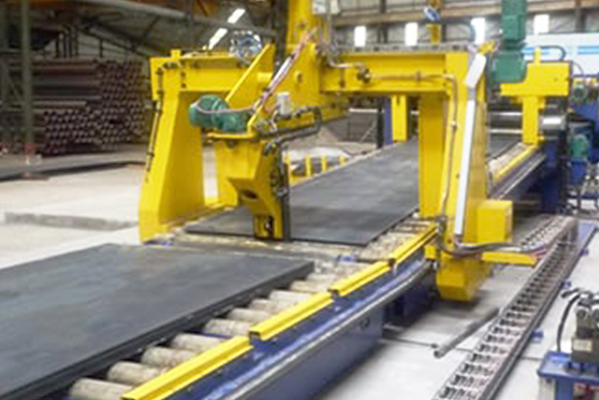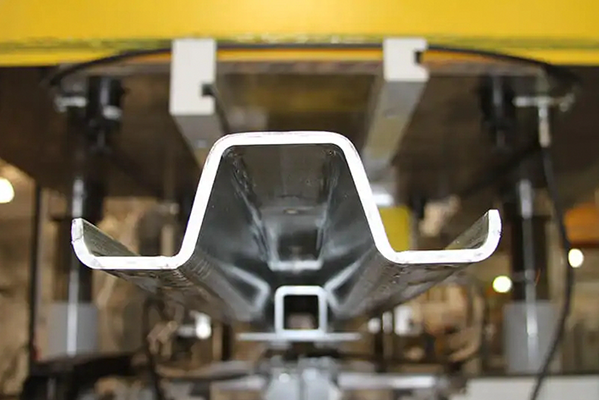Navigation Menu
Contact Us
- Email:
- info@wxavatar.com
- Address:
- Yurong Village, Yuqi Street, Huishan District, Wuxi, China.
Release Date:Jul 25, 2025 Visit:95 Source:Roll Forming Machine Factory
In the realm of metal fabrication, achieving precise and consistent custom parts is crucial for many industries. One highly effective solution that addresses this need is the roll forming machine. This technology offers a distinct advantage when it comes to producing tailor-made metal profiles to meet specific requirements.

Understanding Roll Forming
Roll forming is a continuous bending operation where a long strip of metal, typically coil stock, passes through a series of contoured rollers. Each set of rollers progressively shapes the metal until the desired cross-sectional profile is achieved. This process is distinct from other metal forming methods because it gradually forms the material rather than stamping or braking it in one go.
Advantages for Customization
The inherent design of roll forming machines lends itself exceptionally well to customization. Here's how:
Profile Complexity: Roll forming can create a wide array of complex and intricate profiles that would be challenging, if not impossible, to achieve with other methods. This includes profiles with multiple bends, varying wall thicknesses, and integrated features.
Material Versatility: These machines can process a variety of metals, including steel, aluminum, brass, and copper, across a range of gauges. This flexibility allows for the selection of the optimal material for a specific application's performance and structural needs.
Dimensional Accuracy: The continuous nature of the roll forming process, coupled with precision tooling, results in highly consistent and accurate parts. This is vital for applications where tight tolerances are paramount.
Length Customization: Unlike stamping, which often produces discrete parts of a fixed size, roll forming can produce parts of virtually any length. This is particularly beneficial for long structural components or continuous runs.
Integrated Features: Many roll forming lines can incorporate additional operations inline, such as punching, notching, or embossing. This allows for the creation of parts with pre-finished features, reducing the need for secondary operations and streamlining production.
When to Consider Roll Forming for Customization
Roll forming shines in scenarios where:
High-volume production of custom profiles is required.
Consistent part quality and tight tolerances are essential.
Long, continuous lengths of a specific profile are needed.
Complex cross-sectional shapes are part of the design.
Cost-effective production over the long term is a priority.

Partnering for Your Needs
When seeking to customize metal parts, collaborating with a manufacturer utilizing roll forming technology can provide significant benefits. Their expertise in designing tooling and optimizing the process can help translate your specific requirements into efficiently produced, high-quality metal components.